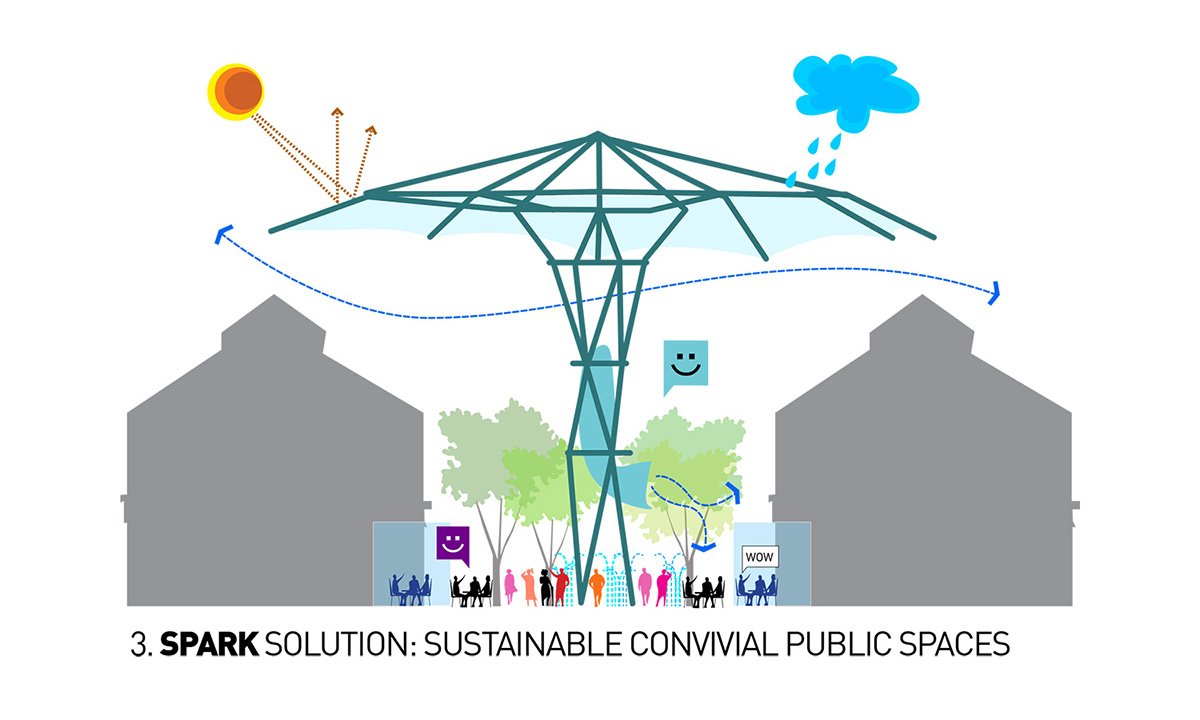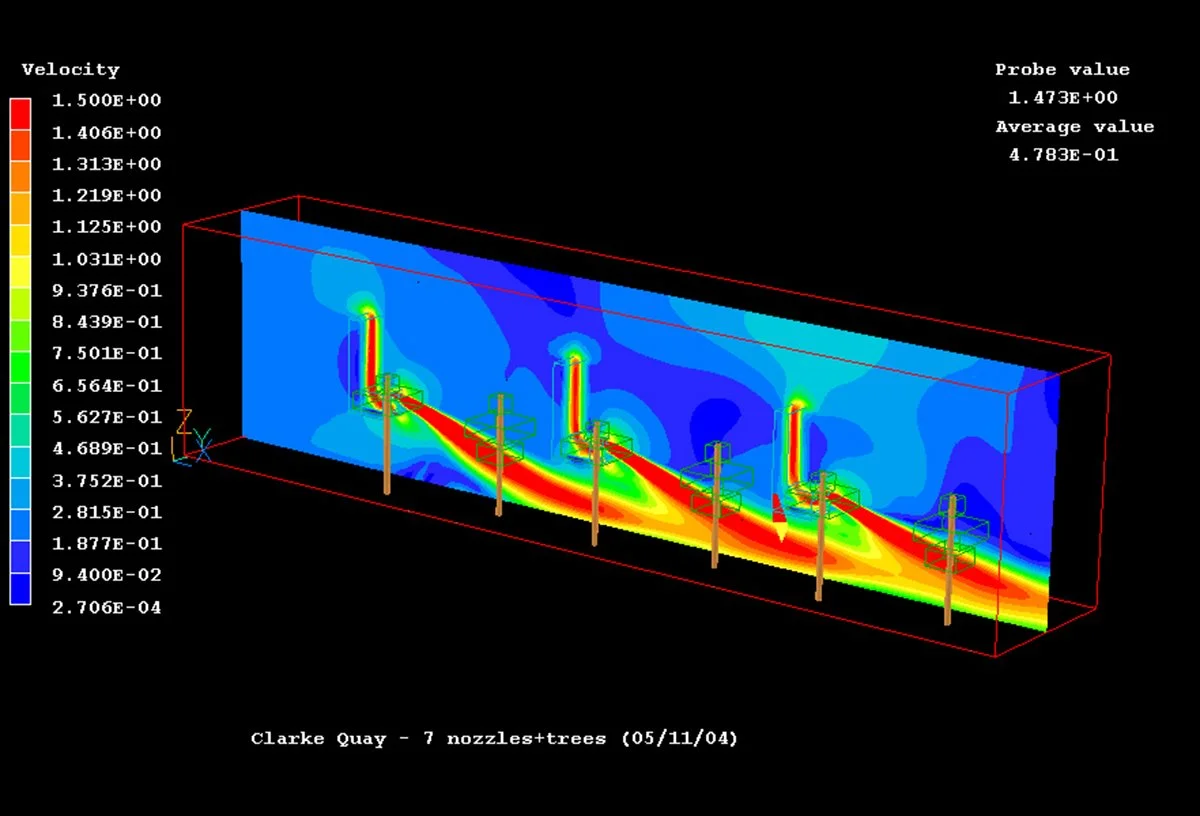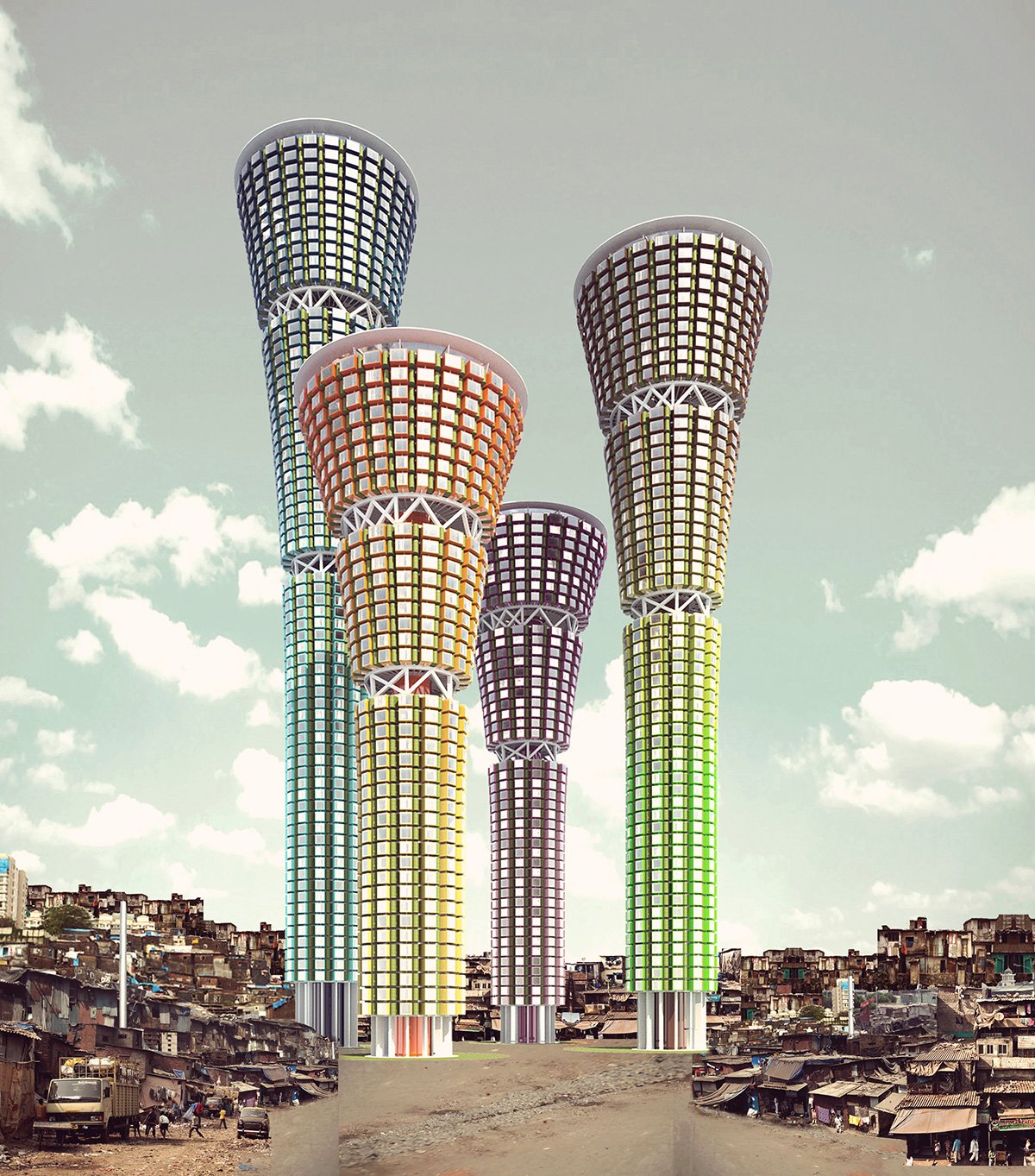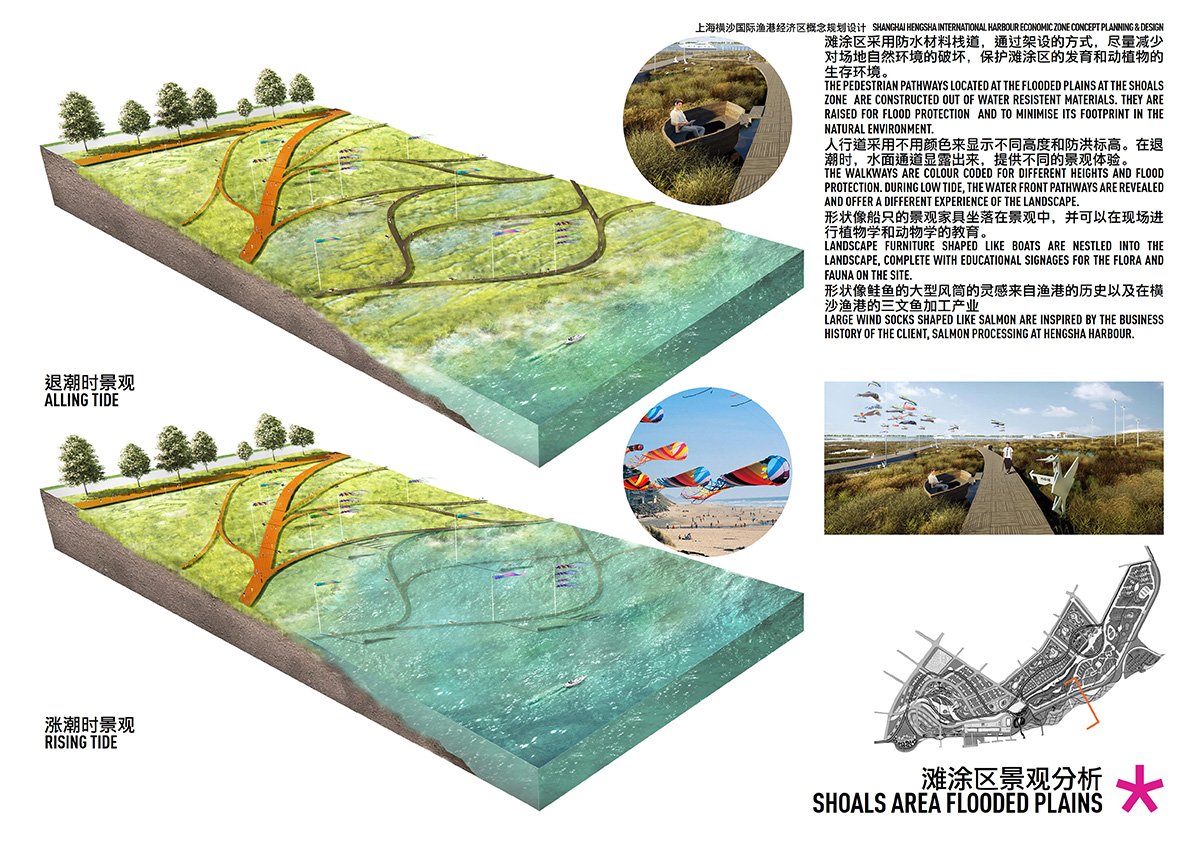EARTH DAY 50TH ANNIVERSARY spark 2020 04/12
By Stephen Pimbley, SPARK Founder
April 2020
Happy Earth Day.
I was determined not to write anything about Covid-19 but as I sit in our government enforced emptied studio and with over two million world-wide infections, I can’t help but reflect on much else save these grim times. We seldom face challenges on such a scale that touches humanity, hopefully uniting everyone in common purpose.
Covid19 now determines these tumultuous times and how as QEII suggested in her televised speech to the UK “how this generation will be regarded by those that look back at how we behaved as a populous”. Before we can begin to understand the long term effect of the Covid-19 on society we by default are acquiring an emotional mindset from which we will likely never completely escape.
An interesting question is whether Covid-19 will permanently alter the course of the current climate crisis, bringing forward the date at which demand for non-renewable energy sources irrevocably reduces, allowing the earth’s atmosphere to heal.
SPARK Kiss the petrol kiosk goodbye 2018: a research on reimagining of petrol kiosks as we move from gasoline to electric powered cars
Traffic volumes on the roads are apparently at the levels of 1955. Let’s hop that 2019 will go down in history as the peak year for carbon emissions.
Putting aside the need to earn a living, there has to be a clearer Environmental, Social, and Governance (ESG) agenda for those of us involved in designing and building cities. We need to take seriously social and environmental sustainability and get ‘political’ in the widest possible sense. We need to push the world as hard as we can in a direction that alters peoples’ idea of the kind of society that they should strive after.
There is an opportunity in the recovery from the Covid-19 to create a new approach to city growth that is a sustainable and resilient and in closer harmony with the natural world.
SPARK Clarke Quay Redevelopment 2000: conceptual model
SPARK’s work since the reimagining of Clarke Quay has pointed towards the necessity of including considerations of climate change and environmental issues in our design work. We continue as illustrated below to ascribe a set of social and environmental values to the projects we undertake.
SPARK Clarke Quay Redevelopment 2000: “Angel” canopy over naturally ventilated streets
Client: Capitaland
Clarke Quay designed by SPARK’s founding partner Stephen Pimbley during the SARS epidemic helped establish our foothold in Asia. It has proven to be a successful example of how to transform a failing visitor destination into a vibrant component of Singapore’s tourism industry that receives an annual footfall of 12.5 million visitors a year.
SPARK Clarke Quay Redevelopment 2000: challenging the client’s brief
SPARK Clarke Quay Redevelopment 2000: Air entrainment CFD model by ARUP Singapore
Clarke Quay was probably the first project in SE Asia that proposed a more sustainable alternative beyond local vernacular houses to moderate the climate as opposed to the use of air-conditioning. Clarke Quay’s canopies and Whale Tail fans contribute passively to the reduction in the ambient temperature by four degrees Celsius.
MUMBAI TETRA TOWERS
SPARK Mumbai Tetra towers 2016: a vertical solution to slums in India
Client: SPARK
The Mumbai Tetra towers is an investigation into how to house sustainably those that live in the Mumbai slums in a hybrid tower manufactured from concrete, timber and recycled Tetra Pak cartons.
SPARK Mumbai Tetra towers 2016: UN statistics on slums in 2016.
The towers have a minimal foot print with a floor plate that expands as the towers increase in height facilitating double loaded accommodation around a central courtyard at the uppermost levels.
SPARK Mumbai Tetra towers 2016: Concept
SPARK Mumbai Tetra towers 2016: Tower components
SPARK Mumbai Tetra towers 2016: Colour studies
The living “pods” are manufactured locally (part of the active 360 degree upcycling Mumbai economy) from recomposed Tetra Pak cartons that are otherwise discarded in their millions and a major cause of urban dumping of what is ostensibly given its complex composition a single use product.
SPARK KISS THE PETROL KIOSKS GOODBYE
SPARK Kiss the petrol kiosk goodbye 2018: a research on reimagining of petrol kiosks as we move from gasoline to electric powered cars
Client: SPARK
The oil industry is on its knees. Under immense pressure from many directions including Covid-19, hopefully this is a positive signal of the world’s further reduction in the use of fossil fuels. The massive global increase in electric cars is perhaps the final nail in the coffin of the internal combustion engine and petrol and diesel consumption.
SPARK Kiss the petrol kiosk goodbye 2018: Converting petrol kiosks to serve communities
So what will happen to all the petrol stations that occupy millions of square metres of inner city real estate.
SPARK Kiss the petrol kiosk goodbye 2018: Stimulating circular economy
We have compiled a series of different scenarios that illustrate the possibilities of how these former social polluters can be transformed into positive contributors to the high street community.
SPARK Kiss the petrol kiosk goodbye 2018: A space for Food Production
SPARK Kiss the petrol kiosk goodbye 2018:A centre for Energy Production
SPARK Kiss the petrol kiosk goodbye 2018: A space for community events
HENGSHA FISH HARBOUR MASTER PLAN
SPARK Hengsha Fish Harbour Master plan: R&D Facility on sustainable vegetable fish farming
Client: Hengsha Fish Harbour
SPARK’s master plan for the redevelopment of the Hengsha Fish Harbour opposite Chongming Island in the Yangtze River Delta argues for a revitalised and inspiring setting within which to appreciate this natural wetland.
SPARK Hengsha Fish Harbour Master plan: Aerial perspective
Our approach was to integrate the ‘working’ aspects of the harbour within an emotive riverine narrative of the location, a single, coherent, and easy-to-navigate visitor, recreational experience, that also facilitates wider exploration of the area and its ecology.
SPARK Hengsha Fish Harbour Master plan: Programmed zones linked by a series of pedestrian networks, roads and waterways
The master plan is composed of a sequence of programmed zones, unified by a coherent landscape treatment inspired by the alluvial flows of the river. The master plan builds on the existing character of the Dockyard whilst unlocking the experiential potential of the in-between spaces that connect the various programmes together.
SPARK Hengsha Fish Harbour Master plan: Layered routes responding to flood levels
SPARK Hengsha Fish Harbour Master plan: Wetlands jetty and seafood market
SPARK Hengsha Fish Harbour Master plan: Waterfront seafood village
The new facilities include: destination riverfront dining, residential facilities of different scales, hospitality, a business park, fish markets and hydroponic farming together in a cohesive ecological narrative that demonstrates how preservation of the existing uses can be leveraged to contribute to the success of this transformed Shanghai industrial waterfront.


























